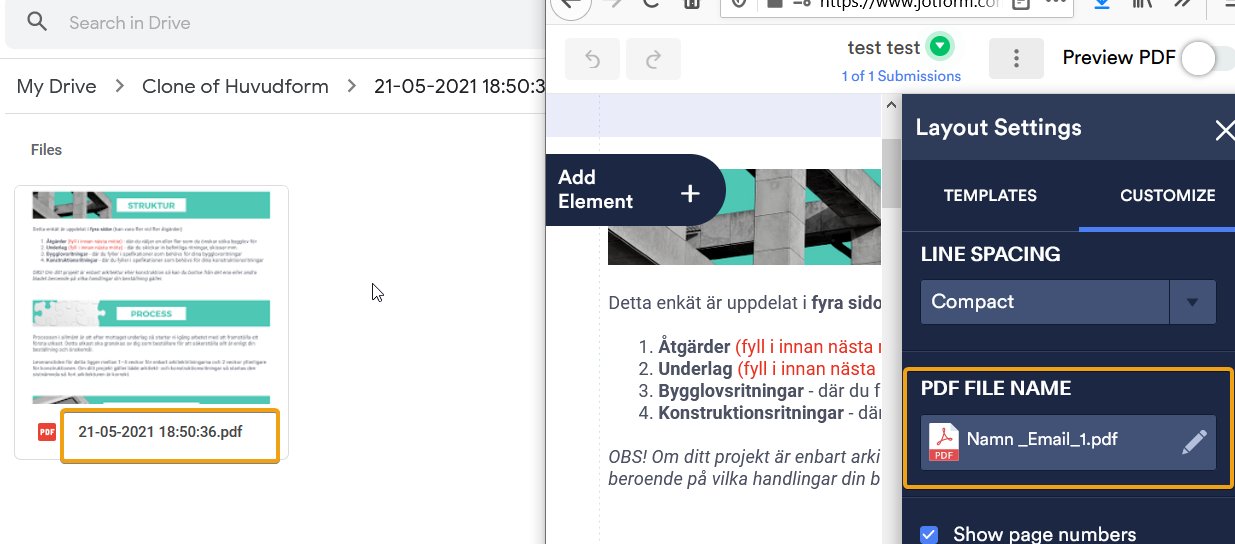
Snap | rev | | files | bytes | chunks | bytes | uniq | bytes | new | bytes | Total chunk size is 2325G in 503308 chunksĪll chunks referenced by snapshot macpiu-pro at revision 1 existĪll chunks referenced by snapshot macpiu-pro at revision 4 existĪll chunks referenced by snapshot tbp-bulk at revision 1 existĪll chunks referenced by snapshot tbp-bulk at revision 56 existĪll chunks referenced by snapshot tbp-nuc at revision 1 existĪll chunks referenced by snapshot tbp-nuc at revision 879 existĪll chunks referenced by snapshot tbp-pc at revision 3231 existĪll chunks referenced by snapshot tbp-pc at revision 3247 existĪll chunks referenced by snapshot tbp-v at revision 1 existĪll chunks referenced by snapshot tbp-v at revision 862 existĪll chunks referenced by snapshot nope at revision 155 existĪll chunks referenced by snapshot nope at revision 602 exist Storage set to G:/My Drive/backups/duplicacy \.duplicacy\z.exe check -all -tabular date Running check command on all repositoriesįirst check run (i believe most chunks are already cached PS C:\duplicacy repositories\tbp-v> date. "storage": "G:/My Drive/backups/duplicacy", duplicacy/preferences file: [Īnd the gdfs repository. The only different thing is the storage path. Of course! duplicacy init -e my-repository-web-api "gcd://backups/duplicacy" Can I also backup a repository with web-api to the same storage? Since gdfs is a normal system drive, you init the storage as a Local Disk duplicacy init -e my-repository-gdfs "G:\My Drive\backups\duplicacy"Īnd then all the commands are run normally. The relation with is that gdfs is a way faster alternative to using the Google Drive web-api, which is used when you init storages with gcd://some/path. These folders are stored on disk and fully managed by gdfs Of course you can select whole folders in gdfs for offline access.


The storage space used by gdfs is generally less than if using the personal Google Drive Backup and Sync, because with Google Drive Backup and Sync one has to download everything offline, while gdfs downloads only the files you open.

A file is downloaded only once, then cached. When you open a file, gdfs downloads that file to your computer, and then stores it for future uses.


 0 kommentar(er)
0 kommentar(er)
